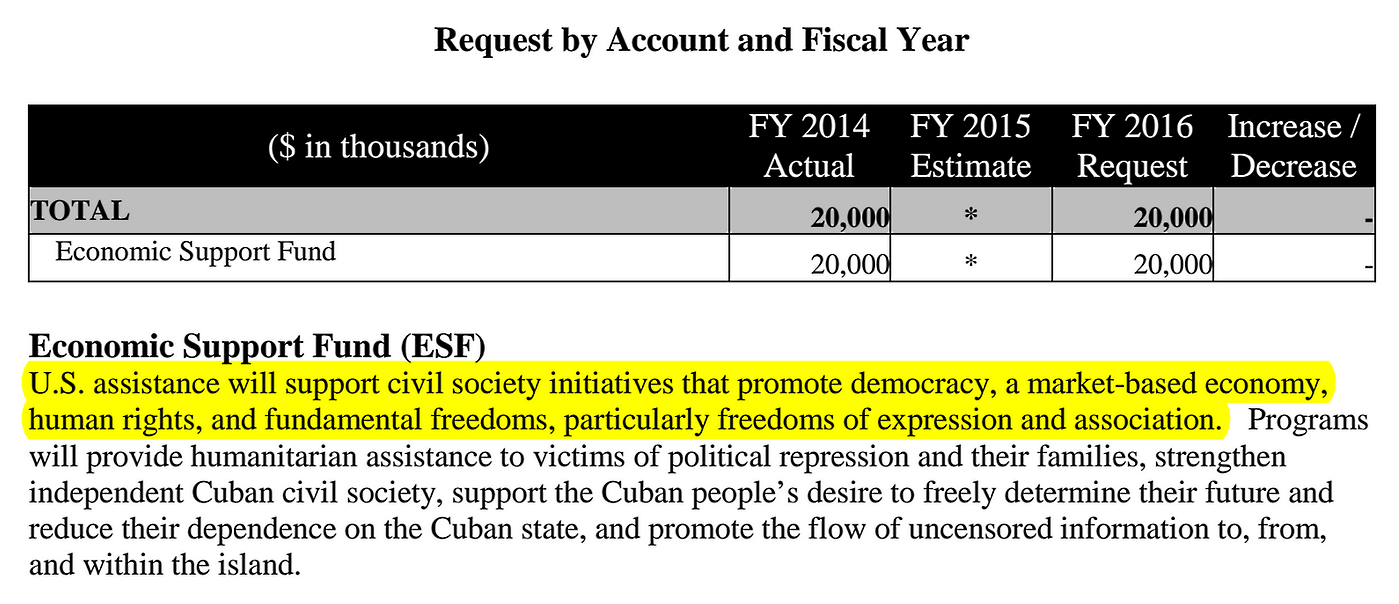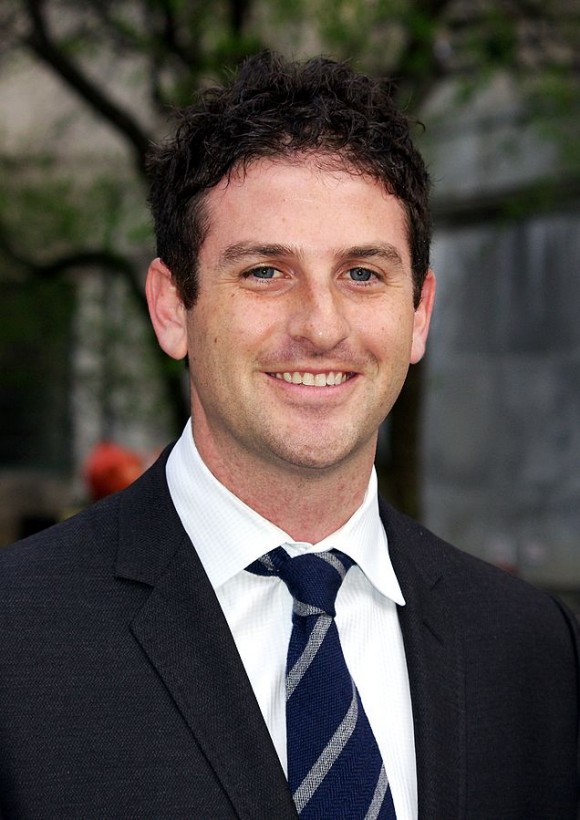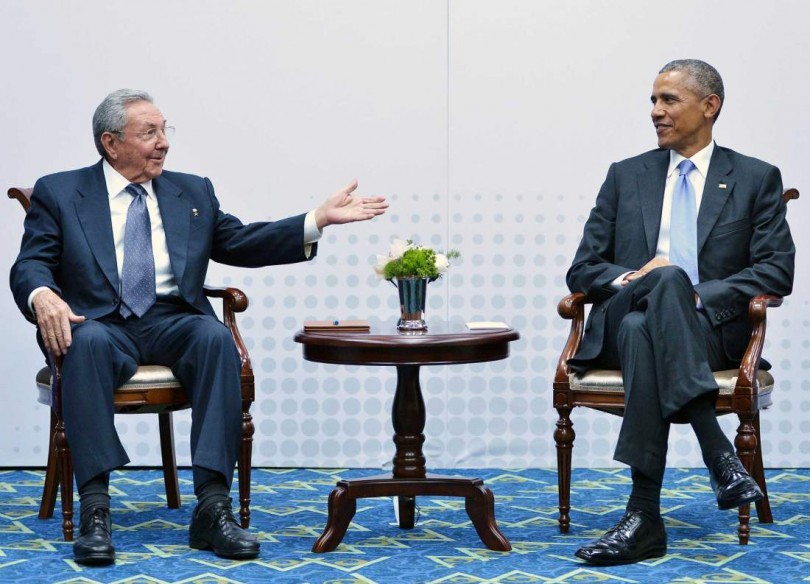aNewDomain — A recent report in The Havana Times says Cuba turned down an offer from Google to supply WiFi to the country for free. Where did it get this information on Cuba and Google from?
— A recent report in The Havana Times says Cuba turned down an offer from Google to supply WiFi to the country for free. Where did it get this information on Cuba and Google from?
Reporters drew that conclusion from a recent interview with Jose Ramon Machadao Ventura, the second secretary of the Cuban Communist Party.
Ventura doesn’t specifically mention Google or any offer it might have made Cuba in the quote, so it’s unclear where and how the Times deduced that Google had “responded with a thanks, but no thanks, to Google’s recent offer to install WiFi antennas throughout Cuba for free.” The attribution on this article sure could be clearer.
Still, I believe it’s highly likely that Google is in high level talks with Cuba.
And anyway: Why wouldn’t Cuba accept an offer from Google, or other US Internet companies?
Mistrust. That’s my bet. Here’s why.
Towing the Party Line
In the interview with Machado, he mainly talks about the intent of imperialists to use the Internet as a way to destroy the revolution. This prescription for outside Internet deals has been the party line for years.
Trolls on the left say this fear is entirely realistic. They site the Helms-Burton Act, which the US has used over the years to justify various covert Internet initiatives, all of which aim to assist “the Cuban people in regaining their freedom.” The left also cites ongoing funding for Cuban democracy programs, part of which is viewable below:

Of course, the right trolls will answer that the Cuban government is only interested in remaining in power and enriching the Castros and their friends.
I have no idea what Google has offered Cuba — if anything — but it seems that trust is central to this discussion. Does the Cuban government trust Google or see them as a tool of the US government?
Google Ideas
Google’s advances toward Cuba have been made by their in-house “think/do tank” Google Ideas, which “builds products to support free expression and access to information for people who need it most — those facing violence and harassment.”
 Google Ideas is headed by Jared Cohen who, before coming to Google, was a member of the Secretary of State’s Policy Planning Staff and served as an advisor to Condoleezza Rice and later Hillary Clinton. A couple years ago, Julian Assange of Wikileaks published documentation of Cohen’s activity, branding him “Google’s director of regime change.”
Google Ideas is headed by Jared Cohen who, before coming to Google, was a member of the Secretary of State’s Policy Planning Staff and served as an advisor to Condoleezza Rice and later Hillary Clinton. A couple years ago, Julian Assange of Wikileaks published documentation of Cohen’s activity, branding him “Google’s director of regime change.”
A Cuban pro-government blog publicized Assange’s work, saying Google was doing what the CIA and NSA could not and channeling the State Department in Silicon Valley. Note the irony of the Cuban government pointing to documents uncovered by Wikileaks!
Will mistrust stop Google and other US Internet companies in Cuba? Or has the mistrust begun to thaw? These are the largest questions at hand, and we will see the answer to them soon enough. So far the only reported foreign telecommunication company in Cuba is Huawei.
Meanwhile, diplomatic relations are resuming and Raúl Castro, who opposed the Internet at its beginning, says Cuba and the United States are entering a new era.
Machado’s remarks suggest that we may have to wait till regime change occurs (without Google’s help) in 2018.
For aNewDomain, I’m Larry Press.
Ed: A version of this story ran on Larry Press’ laredcubana. Read it here.
Images in order: Screenshot of Obama and Castro courtesy Time.com. All Rights Reserved; Screenshot by Larry Press via the State Department; Jared Cohen via Wikimedia Commons













